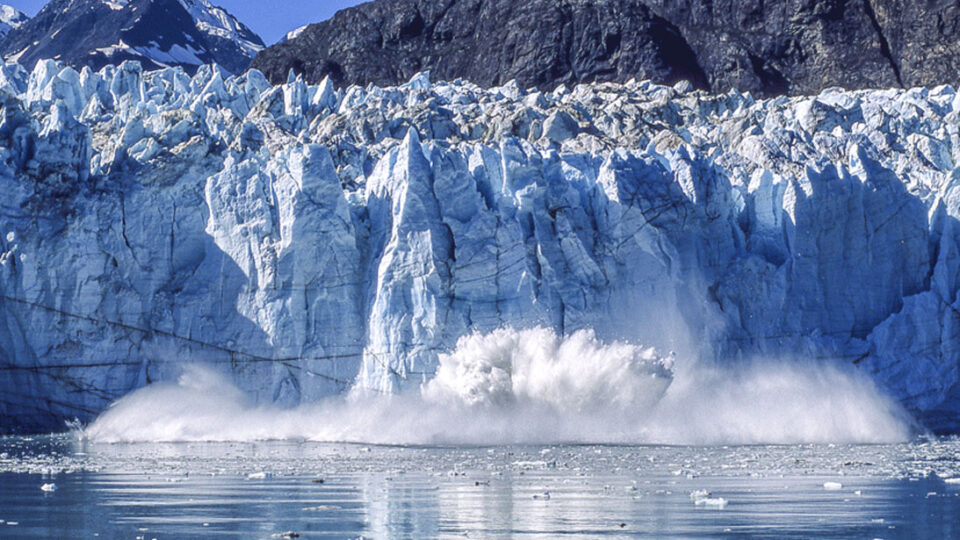Situation Report: Gilgit-Baltistan Faces Unprecedented Glacier Melting
Gilgit-Baltistan (G-B) is currently experiencing an alarming and unprecedented rate of glacier melting, raising serious concerns about environmental stability, water resources, and the safety of communities downstream.
According to environmental experts and regional officials, the rapid glacial melt—accelerated by rising temperatures and shifting weather patterns—is already impacting river flows, agriculture, and infrastructure across the region.
🌡️ What’s Causing the Rapid Glacier Melt?
Climatologists point to record-breaking heatwaves in northern Pakistan and overall climate change as key drivers behind this year’s accelerated melt. Satellite data and on-ground monitoring have shown that several glaciers in the Karakoram and Hindu Kush ranges are retreating faster than usual.
“This year’s melting is unlike anything we’ve seen in recent decades,” said a senior climate researcher. “It’s not just earlier—it’s more intense.”
⚠️ Impact on Local Communities and Water Resources
The meltwater feeds key rivers like the Indus, which is vital for agriculture and drinking water across Pakistan. However, the fast-paced melting is also causing:
-
Flood-like conditions in some valleys
-
Increased risk of Glacial Lake Outburst Floods (GLOFs)
-
Damage to roads, bridges, and farmlands
-
Disruption to tourism and transportation
🛑 Call for Urgent Action
Environmental groups and local authorities are calling for:
-
Early warning systems in at-risk areas
-
Glacier monitoring programs
-
Public awareness campaigns on disaster preparedness
-
Long-term investments in climate-resilient infrastructure
🌍 The Bigger Picture
Gilgit-Baltistan is home to over 7,000 glaciers—more than anywhere else outside the polar regions. The region’s changing climate is not just a local issue; it’s a critical national concern with implications for food security, energy generation, and biodiversity.
As melting continues, authorities and communities in G-B are bracing for a challenging summer—one that could shape Pakistan’s climate response strategies in the years ahead.

